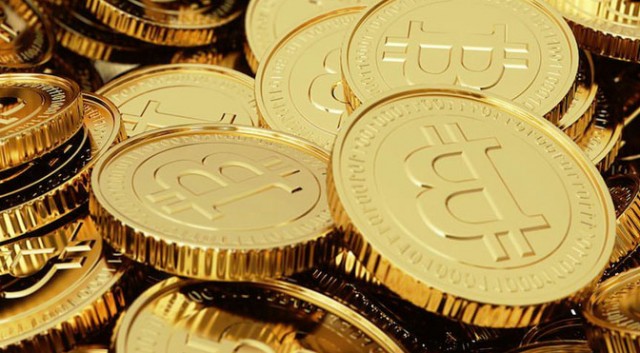The new directive by the Central Bank of Nigeria (CBN) directing financial institutions to close accounts of crypto traders may have come to many as a huge surprise.
However, this is not the first time the apex bank has issued a statement on crypto trading in the country.
In 2017, CBN had issued a statement warning against the use of virtual currencies such as Bitcoin, Ripples, among others. The bank said such currencies are largely used in terrorism financing and money laundering, considering the anonymous nature of virtual transactions.
In 2018, it again warned that transactions in virtual currency are largely untraceable and anonymous, thereby making them susceptible to abuse by criminals.
Advertisement
For crypto traders in the country, the CBN’s latest directive means transactions would no longer be possible on third party applications.
The game would likely move to peer-to-peer trading (P2P) where two people interact directly with each other to buy or sell cryptocurrency. This is, however, susceptible to fraud as transactions can only be conducted based on trust.
A P2P exchange such as Binance lets sellers and buyers find the right person, in the right place, at the right time and make a trade at the right price, using the payment method that works for both.
Advertisement
For the CBN, it has a lot to worry about. The growing popularity of cryptocurrency, amid preference for storing money in digital currencies rather than the banks, and with remittances falling because of crypto alternatives, further exacerbating FX pressure in the country, it was only a matter of time before it wielded the big stick.
Also, the idea of digital currencies that the CBN has no control over was seen as a relative threat to conducting its monetary policy.
Paxful, a leading peer-to-peer bitcoin marketplace, reports that Nigeria has the world’s second-largest Bitcoin trading volume. Nigerians have traded 60,215 Bitcoins in the last five years, or more than $566 million.
The Securities and Exchanges Commission (SEC), however, seems to have adopted a different stance from that of the CBN. In 2020, SEC issued a regulatory framework for virtual and digital assets in Nigeria.
Advertisement
“All Digital Assets Token Offering (DATOs), Initial Coin Offerings (ICOs), Security Token ICOs and other Blockchain-based offers of digital assets within Nigeria or by Nigerian issuers or sponsors or foreign issuers targeting Nigerian investors, shall be subject to the regulation of the Commission,” SEC had said.
“Existing digital assets offerings prior to the implementation of the Regulatory Guidelines will have three (3) months to either submit the initial assessment filing or documents for registration proper, as the case may be.
“Any person, (individual or corporate) whose activities involve any aspect of Blockchain-related and virtual digital asset services, must be registered by the Commission and, as such, will be subject to the regulatory guidelines.
“Such services include, but are not limited to reception, transmission and execution of orders on behalf of other persons, dealers on own account, portfolio management, investment advice, custodian or nominee services.”
Advertisement
There is no doubt that virtual assets are here to stay. And it is a question of time before they become mainstream.
Advertisement
Add a comment







